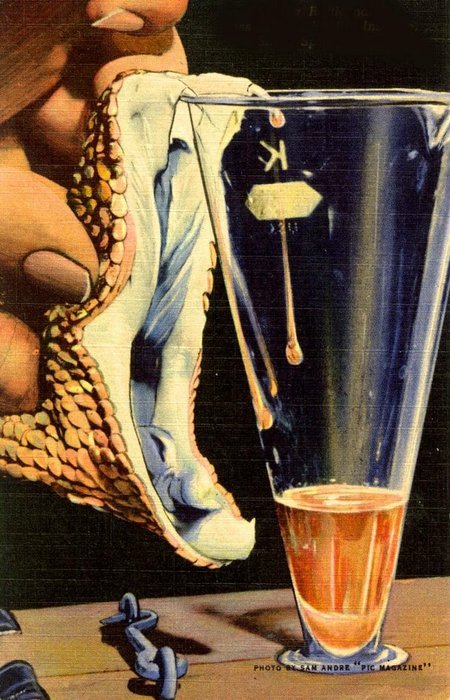Man patīk industriālā publika, jo viņi nerunā sūdu - tā, lūk, otrajā Rīgas dienā apmeklēju
Hardija Lediņa piemiņas pēcpusdienu Nabaklab, vispirms veiksmīgi iemainījis 2 kilogramus vaska pret šūnām Arņa Kalniņa ielā, un pie viena pamanījis, ka tieši pretī medus bodei, ielas otrā pusē atvēries kaut kas vārdā Durgas templis (
www.durga.lv) - tas likās diezgan zīmīgi, jo tikai nedēļu divas pirms tam biju izdomājis, ka Durga būs mana feivorit gadess, jo viņai ir vairākas patiešām seksīgas skulptūras - ne šī, bet vispār arī
 - Durga
- DurgaPasākums notika no 15:00 līdz 19:00, bet reāli sākās stundu vēlāk un beidzās stundu agrāk. Pašu Lediņu gan nekur nemanīju (t.i. ekrānos/videomateriālos/kur nu tur viņam bija jābūt) un izskatījās, ka vienīgais, kas viņu tur piemin, ir Stropu Jurka diezgan doomīgā ommā, toties pamanīju, ka nabaklaba mazajā zālē ir jauni un ērti sēdekļi, savukārt virs bāra demonstrētajā krāšņajā īsfilmā par pagājušā gada Labo Dabu vienā mirklī saskatāms arī ekstātiski dejojošs
![[info]](http://klab.lv/img/userinfo.gif) hamish
hamish. V.S.K.B. perforēja mazajā zālē un darīja to analogi un vareni
kā vienmēr (tāpēc cenšos nelaist garām nevienu viņu uzstāšanos), kaut ko arī
pafilmēju, bet jāņem vērā, ka dzīvajā bija krietni labāk, skaidrāk un saprotamāk, un tik tumšs arī nebija, vnk zāle bija stipri apgaismotāka par skatuvi.
Pēc lietderīgas pauzes lielajā zālē spēlēja
Claustrum apakšprojekts
Rudens Lapas - šis jau analogi-digitāli, bet arī ar dzeju, efektiem un skaņu, kas uz beigām tapa īpaši jaudīga (video zumanību nepievērst). Patika, kā Olivers izmeta no zāles to debilo panku, kurš "nebija pamanījis, ka notiek koncerts." Tiesa, panks atgriezās ar Koilu un kādu no sinistera dekadentajām beibēm, lai turpat mestos delīriskā dejā, kas īstenībā bija diezgan piestāvoši un vairs arī netraucēja, ja vien nesmīdinātu tas, ka dejotāji māksliniekiem paredzētos aplausus acīmredzot uztvēra kā sev domātus. (fool)
Summkopā ļoti kvalitatīvs divu ļoti kvalitatīvu vietējo projektu koncerts, un vieglākas smiltis Hardijam. Uz Trešo Ausi neaizgāju, lai piedod man Gints, bet Taka ar savu putu velnu pie sienas neimponē it nemaz :(
p.s.
http://klab.lv/users/dienasgramata/3796189.html






